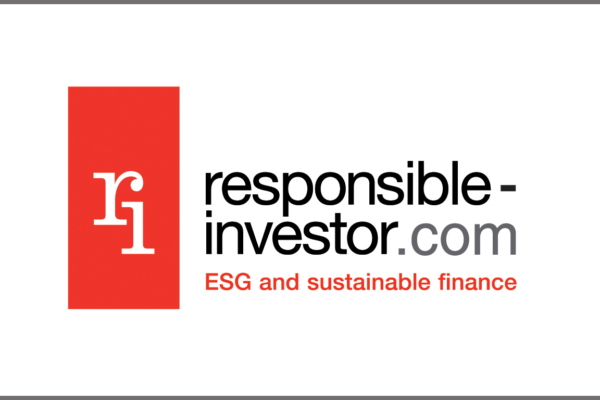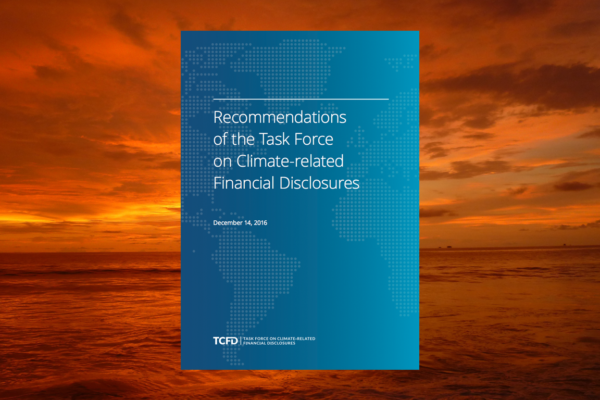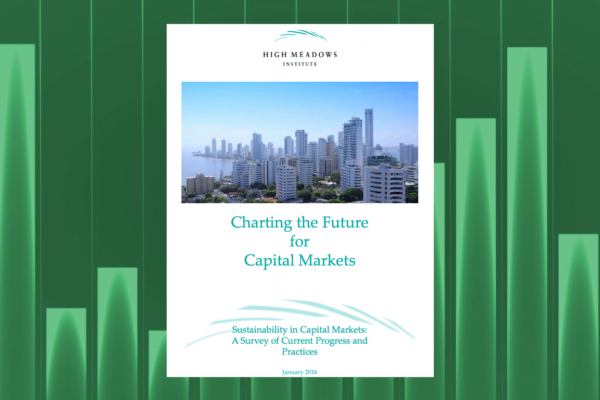The following op-ed written by Dr. Bob Eccles, Visiting Professor of Management Practice at Saïd Business School, University of Oxford, discusses income inequality in the context of investor action and highlights the findings from TIIP’s newest report, Why and How Investors Can Respond to Income Inequality to guide meaningful, effective and realistic investor action to address the underlying and pervasive causes of income inequality.
From the article:
“The most prominent and frequently cited example of system-level risk is climate change. More recently, investors are recognizing that income inequality is also a system-level issue. They regard it as of equal magnitude to climate change but with effects that are being felt more immediately. World leaders, including former President Barak Obama, have reinforced the urgency of the situation, calling inequality “the defining issue of our time.” The United Nations has highlighted inequality in its Sustainable Development Goals as a global concern for which meaningful action is possible.
“Risks to investors arise not only from the immediate potential effects on profitability from such things as a demotivated workforce, but also from the system-level, unhedgeable risks of instability—national or geopolitical—that can arise when inequalities lead to a hollowing out of the middle class, political polarization, and a kind of populism that results in isolationism, trade wars, and other forms of saber rattling.
Read the full article here.



